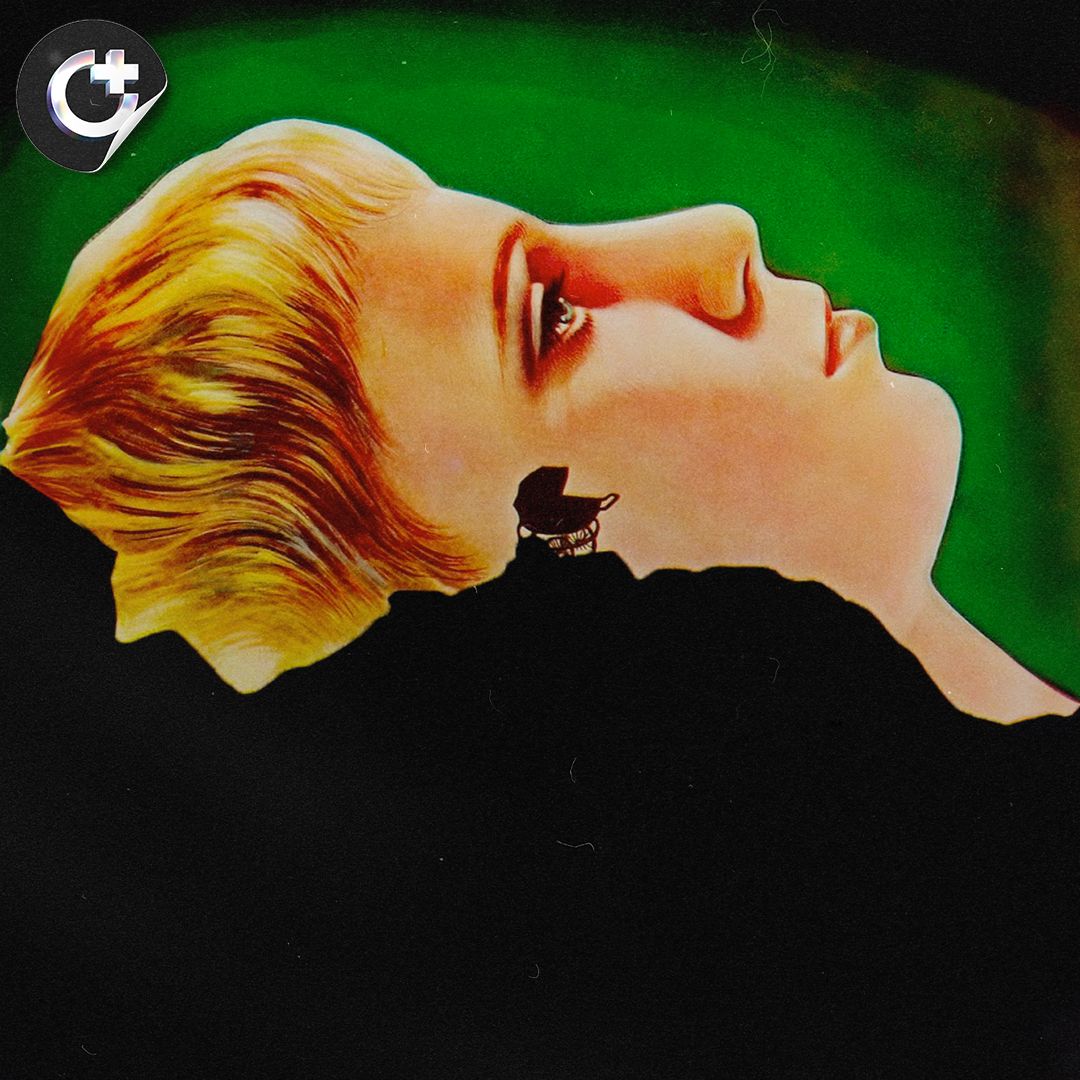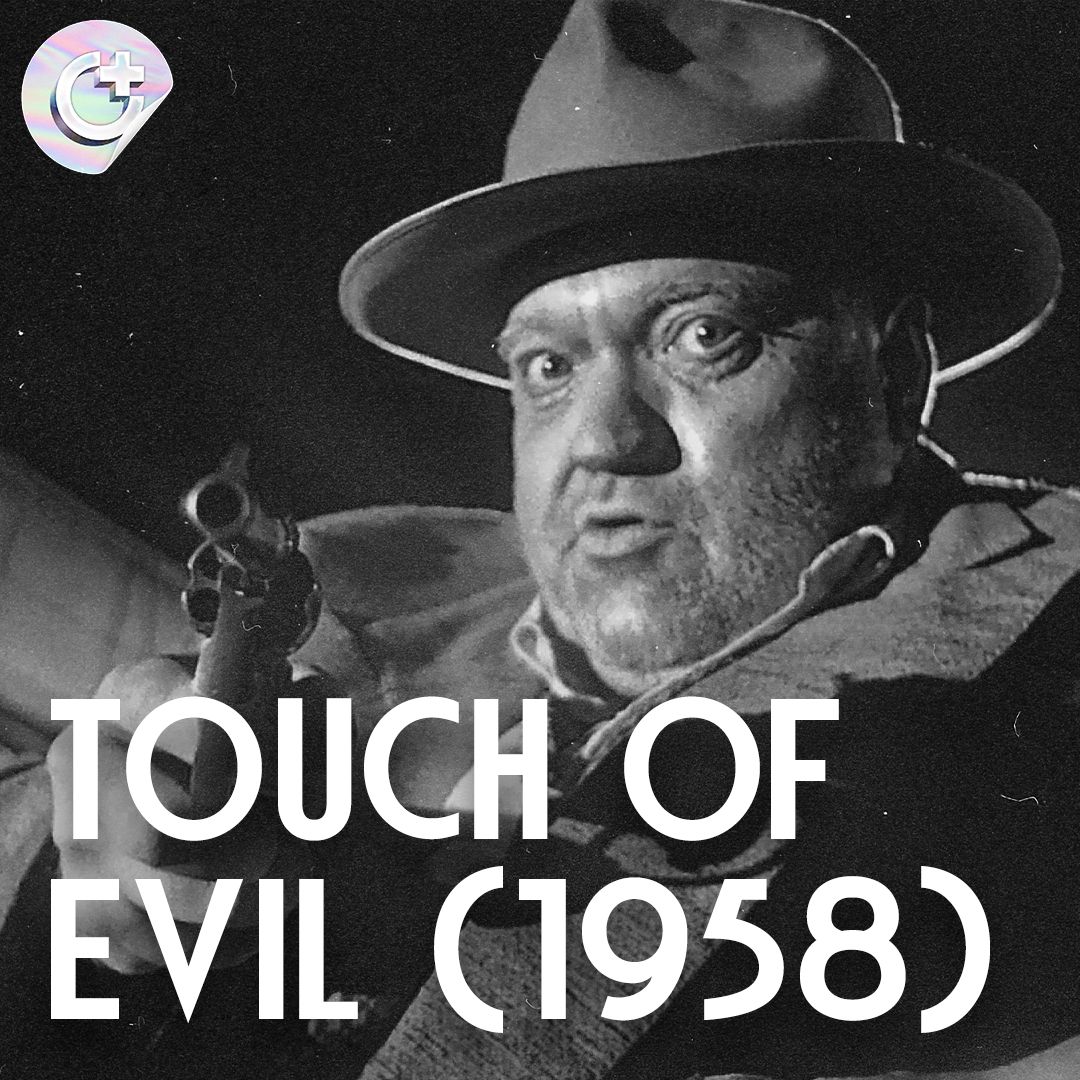#118 - The Legend of Billie Jean - Female Empowerment and Being Transformed into a Symbol
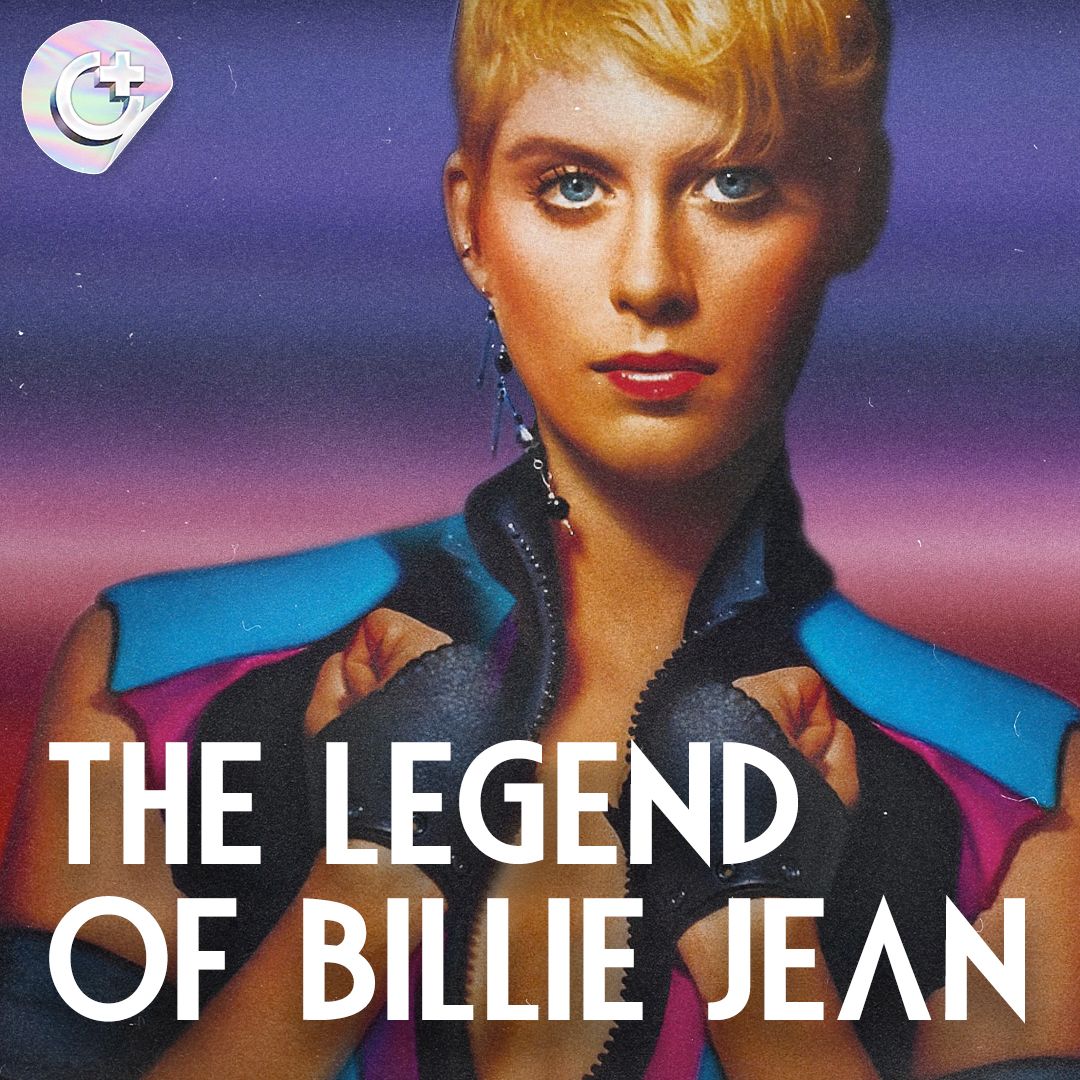
The Legend of Billie Jean is a 1985 film that tells the story of a young woman who becomes an outlaw after a series of unfortunate events. While originally seen as a comic book movie with a kickass soundtrack, the film has become even more relevant in modern times due to its portrayal of social media and public perception. This podcast explores the film's strong female lead, Billie Jean, and her transformation into a symbol of standing up for what's right. It also touches upon the film's representation of fatherlessness, showing that even in the absence of a father figure, one can still find strength and rise above their circumstances.
Its Relevance in Modern Times
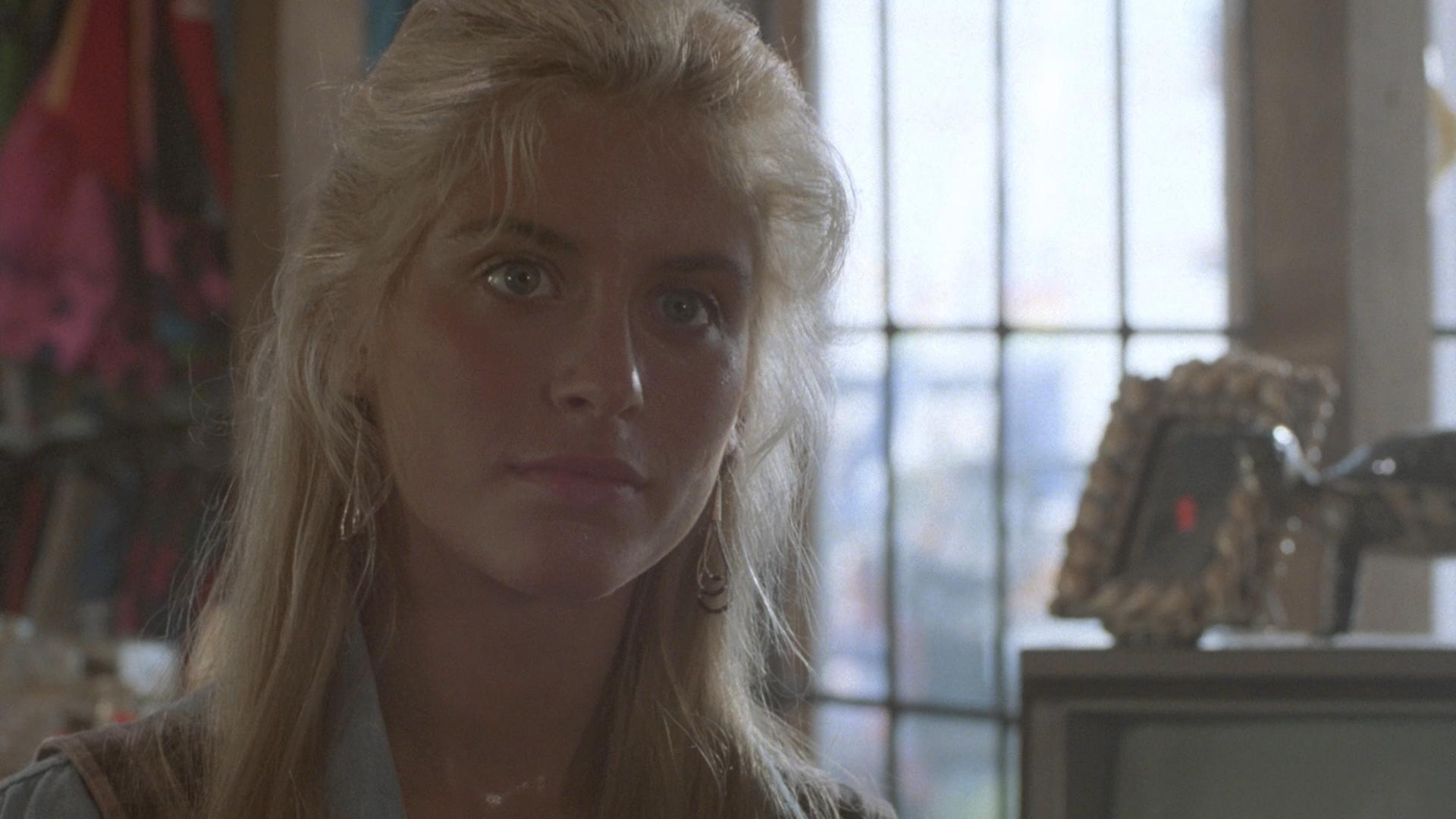
While the initial descriptions of the film fail to mention it, The Legend of Billie Jean has become even more relevant in modern times due to its portrayal of social media and public perception. The film shows how easily public perception can be influenced and manipulated, and how this can lead to both positive and negative consequences. This aspect of the film is incredibly important in today's world, where social media has become a powerful tool for shaping opinions and changing narratives. The film also explores the importance of standing up for one's beliefs and values, even in the face of adversity.
Billie Jean's Origin Story
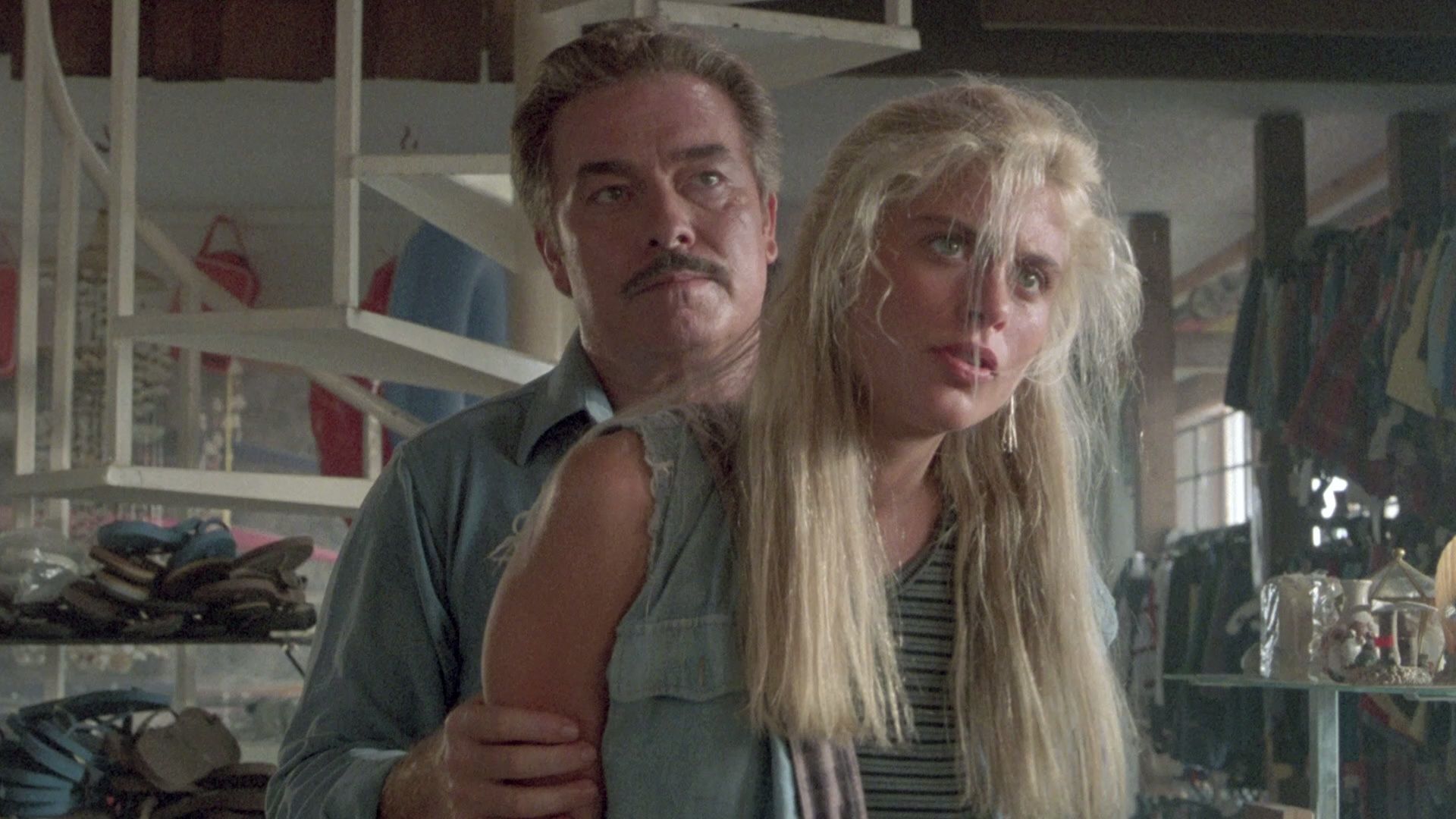
Billie Jean's origin story is one of resilience in the face of adversity. It all started when the father of a local bully tried to take advantage of her by offering her money in exchange for sex, but she refused. He then threatened her, saying it was going to happen whether she wanted it or not. Billie Jean had to fight her way out of the situation, and that's how her story began. She overcame that traumatic experience to become a symbol of standing up to injustice.
Transformation into a Symbol
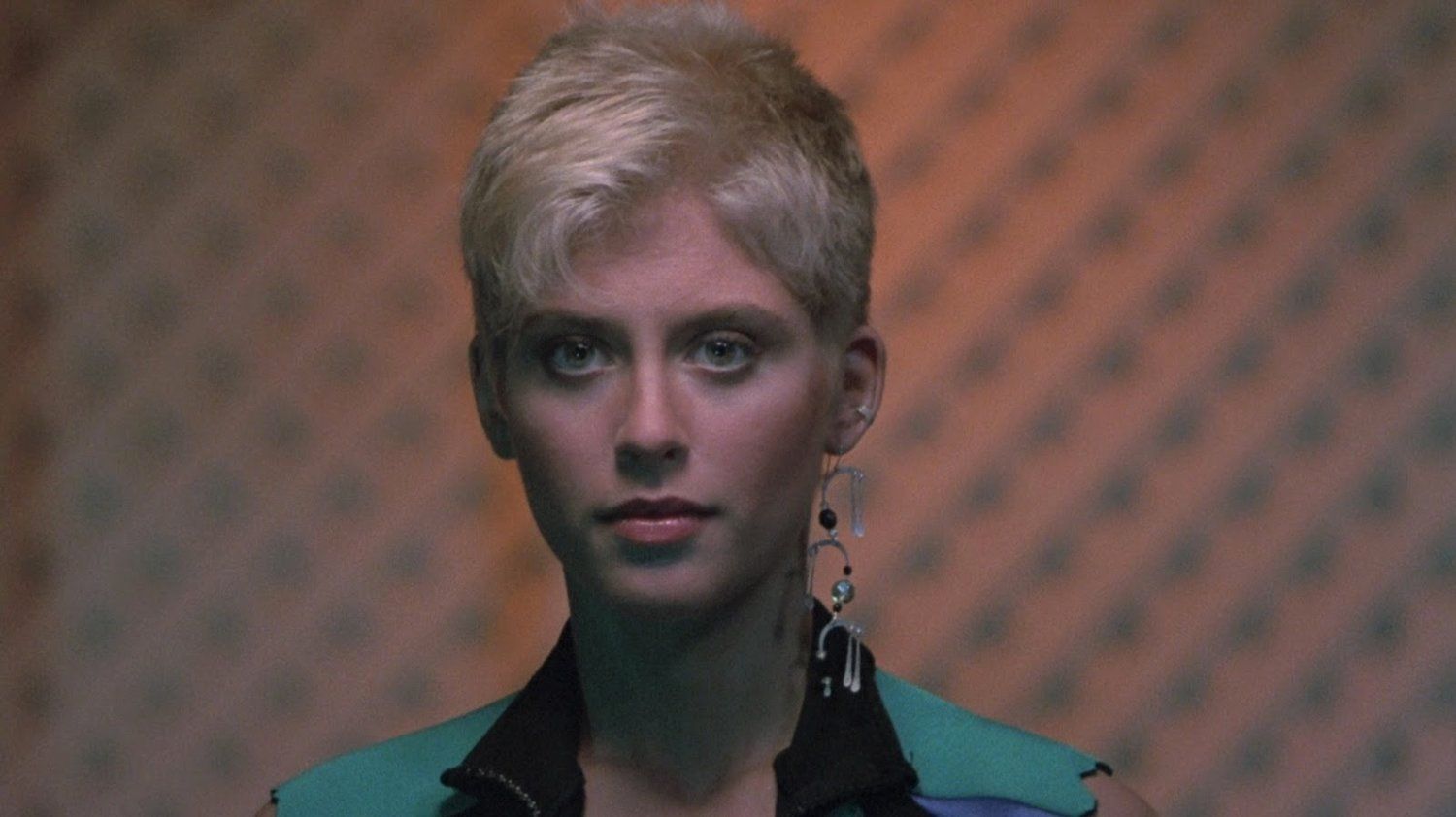
As Billie Jean went on the run, a legend formed around her. She became a symbol of standing up to people and doing what's right, someone people wished they could be like. Her story was inspiring, especially to a younger audience. The filmmakers intentionally dressed her in a body glove wetsuit, cut off at the sleeves, so she looked like a superhero. Even when she walked down the street with kids following her, she felt like Supergirl. Billie Jean's story was a good version of Bonnie and Clyde since she didn't do anything wrong. She was tempted, but she refused. And that's what made her even more admirable.
The Empowerment of Women in Legend of Billie Jean
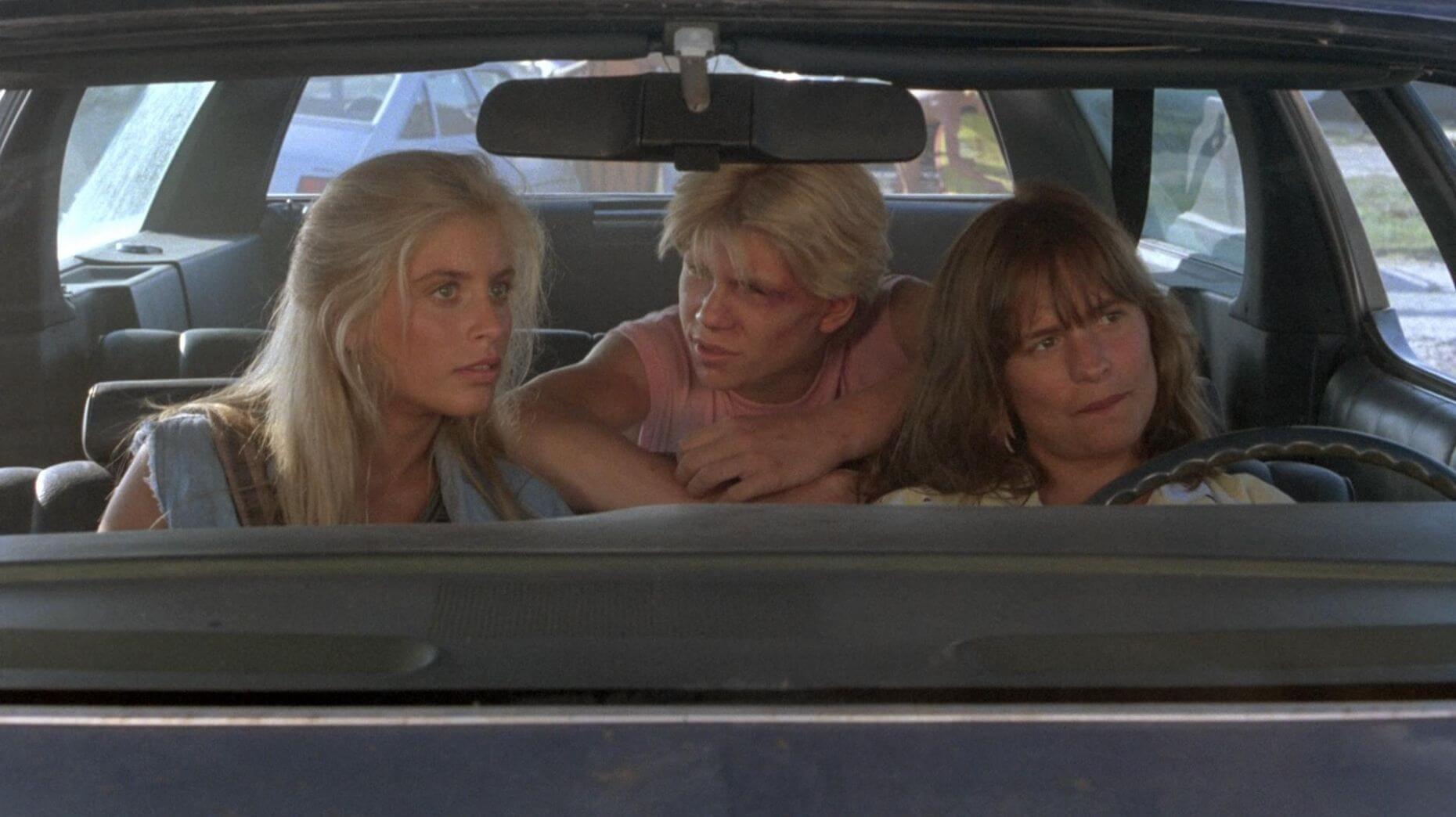
Legend of Billie Jean is a classic 80s film that has become a cult hit for many reasons, one of which being its strong female lead. Helen Slater's portrayal of Billie Jean was not just another damsel in distress. She was a fighter, a hero, and a symbol of women's empowerment in a time when women in films were often portrayed as subordinates. Billie Jean embodied the qualities that many young women were seeking at the time--a leader who was unapologetic and stood up for what she believed was right.
The symbolism of Joan of Arc was also significant in the film as it added to the theme of empowerment for women. Billie Jean became the symbol of hope for the town of Corpus Christi, just as Joan of Arc was considered a heroine for France. The burning of the giant statue of Billie Jean at the end of the film was a powerful message that the fight for equality was not over, but had to continue. Legend of Billie Jean may not have been a perfect film, but its contribution to the empowerment of women is undeniable. It serves as a reminder that we need strong female leads and role models in films to inspire future generations of girls who want to make a difference.
Billie Jean as a Joan of Arc Type Figure

Is Billie Jean a Joan of Arc type figure? While some may see a connection between the two, it's important to look at the differences. Joan of Arc led the French army against the British, dressed as a man, and became a martyr burned at the stake. Billie Jean, on the other hand, is more like a sanitized Bonnie, an outlaw who becomes a vigilante.
To properly answer whether Billie Jean is Corpus Christi's Joan of Arc, one has to look at it later. You can't talk about a legend in the span of when it's happening; a legend only happens later, once time has passed. While the filmmakers were trying to draw a parallel between Billie Jean and Joan of Arc, it may not have been fully achieved. A sequel or continuation of the story could address whether her legend lived on.
Overall, the parallel between Billie Jean and Joan of Arc adds an effective layer of drama to the film. It sets up the expectation that Billie Jean will become a martyr, but the fact that she doesn't is a refreshing change from what Hollywood loves to do. The film's upbeat moments also make it a rewatchable movie compared to others that feature more unpleasant and disturbing scenes.
The Importance of Female Empowerment in The Legend of Billie Jean
In The Legend of Billie Jean, we see a young woman taking charge and standing up for herself and her beliefs. Billie Jean becomes a symbol of female empowerment, inspiring others to fight for their rights, no matter their gender. This message is especially important in a time when women were not always treated equally. The film breaks down gender stereotypes and shows that anyone can be a hero. It's a message that still resonates today and is essential for younger generations.
The Representation of Fatherlessness in The Legend of Billie Jean
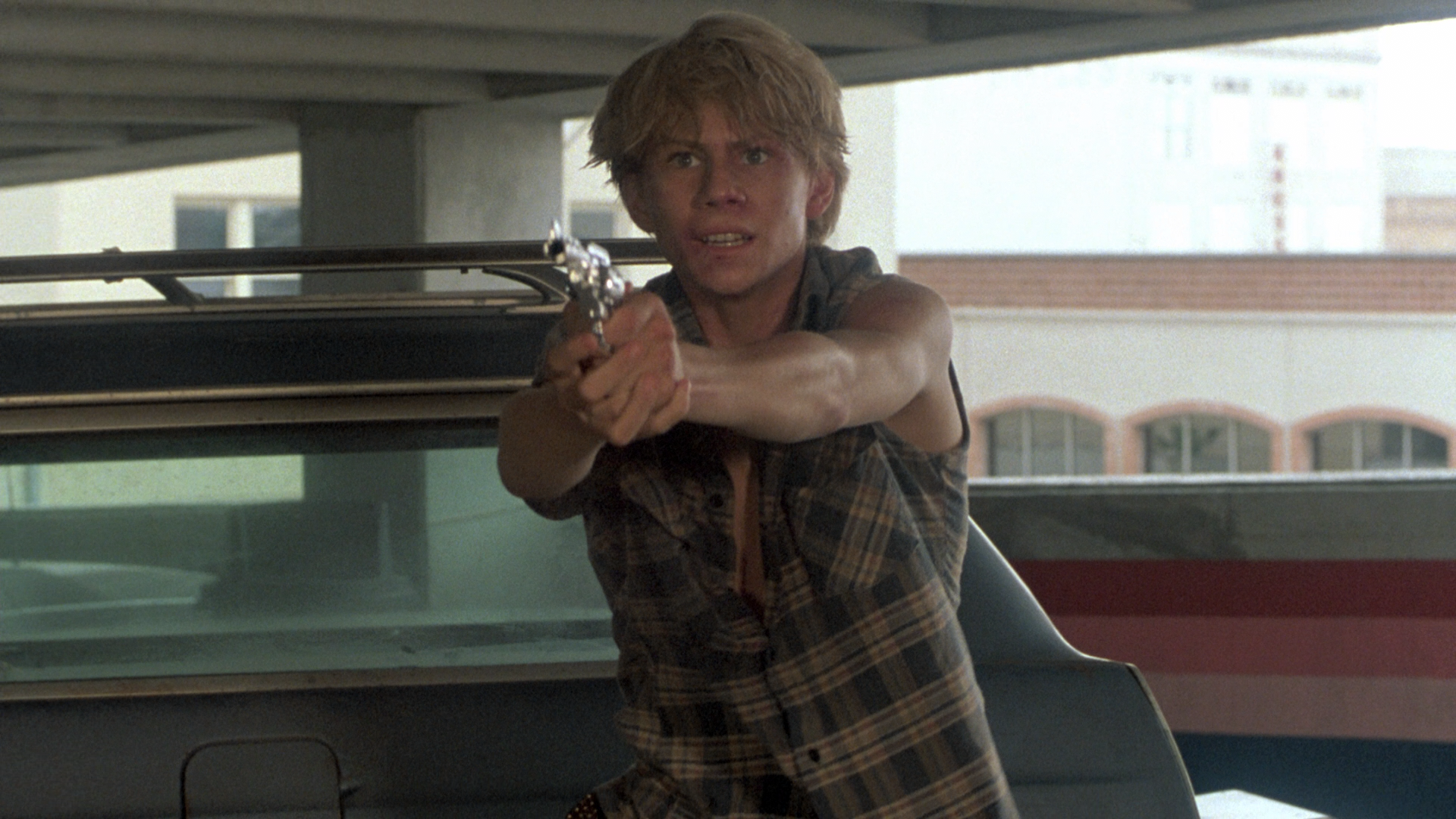
The Legend of Billie Jean also touches upon the topic of fatherlessness. In the film, we see two characters, Binx and Billie Jean, dealing with the trauma of not having a father in different ways. Binx tries to take on the role of the man of the house, while Billie Jean becomes a parental figure for her younger brother. This representation of fatherlessness is something that is often overlooked in media, but it's something that many people can relate to. The film shows that even in the absence of a father figure, one can still find strength and rise above their circumstances.


